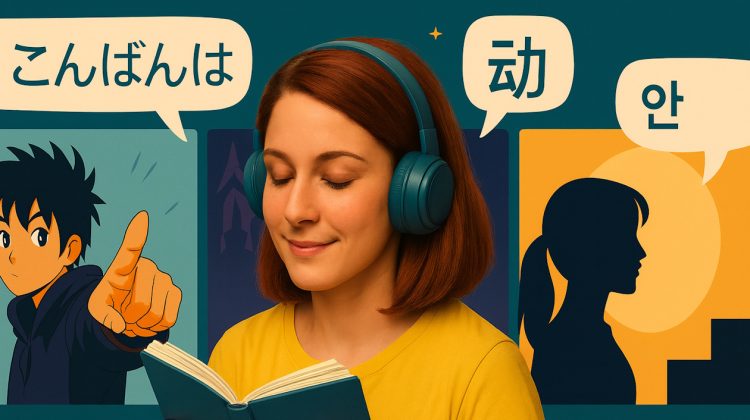
Ever watched a scene in your favorite anime or Chinese animation (donghua) and thought, “That line can’t be exactly what they meant”? You’re probably onto something. Words like komorebi (sunlight filtering through leaves) and tsundoku (buying books you don’t read) don’t have neat one-to-one translations. Between idioms, cultural references, and character-specific speech rhythms, meaning can shift.
In worlds like Korean dramas, anime, and epic fantasy series, those subtle shifts shape humor, heartbreak, and worldbuilding. Even a basic foundation in the language—just enough to catch key phrases or rhythms—acts like discovering a hidden quest line. Suddenly, you’re experiencing the story closer to the way it was meant to be.
Experiencing Stories in the Language They Were Born In
Lord of Mysteries is a standout in donghua: cinematic, moody, with fog-laced streets and gothic architecture that feel like Sherlock Holmes filtered through a Lovecraftian Eastern lens. Visually, it’s a masterstroke.
The English subtitles, however, can smooth over emotional or philosophical intent in the dialogue. In a series so rich with symbolic and layered language, that gap is noticeable. Lines that should feel tense, sly, or poignant sometimes land flat. That’s where even a basic grasp of Mandarin elevates the experience, allowing you to feel the ebb and flow of each line as it was delivered.
This gap is especially clear in period dramas, where historical context is embedded in dialogue. Hearing the original language restores texture, intent, and cultural weight in a way that no adaptation fully preserves.
Solo Leveling: When the English Dub Feels Closest to the Source
Originally a Korean manhwa, Solo Leveling was adapted into a Japanese-language anime. While both versions bring something valuable, the English dub is widely considered the most faithful to the manhwa.
Voice actor Aleks Le (Sung Jin-woo) and ADR director Caitlin Glass delivered performances with a dedication to matching the original work’s tone and pacing. Their attention to detail even extended to highly anticipated moments, such as the delivery of the line “Arise,” which became a major point of excitement for fans leading up to the dub’s release.
The Japanese track still offers its own interpretive depth, but Solo Leveling shows how exploring multiple versions can uncover different shades of the same story.
Korean Dramas and the Joy of Cultural Nuance
Korean dramas are one of the clearest examples of how language deepens appreciation. Even when watching with a dub, the cultural texture of the Korean dialogue stands out.
A phrase like “kaja” (가자), meaning “let’s go,” is often repeated two or three times—“kaja, kaja” or “kaja, kaja, kaja”—to add urgency or energy, much like saying “go, go, go” in English. This repetition isn’t just for emphasis; it reflects the natural rhythm of the language and adds emotional context. A repeated “kaja” between close friends feels different than the same phrase from a commanding officer.
Fans can even spot these cultural touches in modern media, such as Zoey’s playful use of “kaja” in K-Pop Demon Hunters, now streaming on Netflix.
Japanese Anime: Beyond What Subtitles Tell Us
In Japanese anime, nuance often hides in delivery. A pun might be rewritten in English so it makes sense to viewers, but hearing it in Japanese reveals the original humor.
Speech patterns, honorifics, and tonal shifts can also communicate social status, familiarity, or tension without any added explanation. These elements deepen the connection between the audience and the creator’s intent.
Why Language Learning Is the Ultimate Fandom Power-Up
Even starting with a few words in Mandarin, Korean, or Japanese can:
- Reveal hidden cultural references in anime, donghua, and Korean dramas.
- Provide direct access to fan discussions, interviews, and original scripts.
- Deepen engagement with books and comics from global creators that may never be officially translated.
Fluency isn’t required to benefit. A small foundation can transform the way we experience our favorite stories.
Start Your Language Journey with Mondly – 68% Off Lifetime Access
Mondly is offering 68% off lifetime access to its full suite of unlimited language lessons on both desktop and mobile app on iOS and Android. Learn Korean for your next Korean drama binge, Japanese for anime marathons, or Mandarin for Lord of Mysteries—all with one lifetime subscription.
👉 Get 68% Off Mondly Lifetime Access
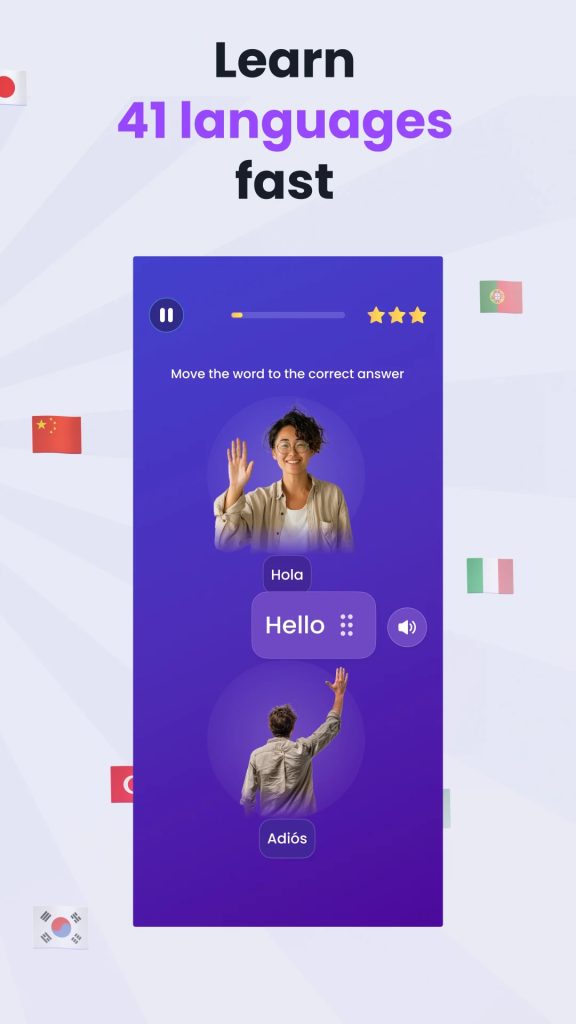
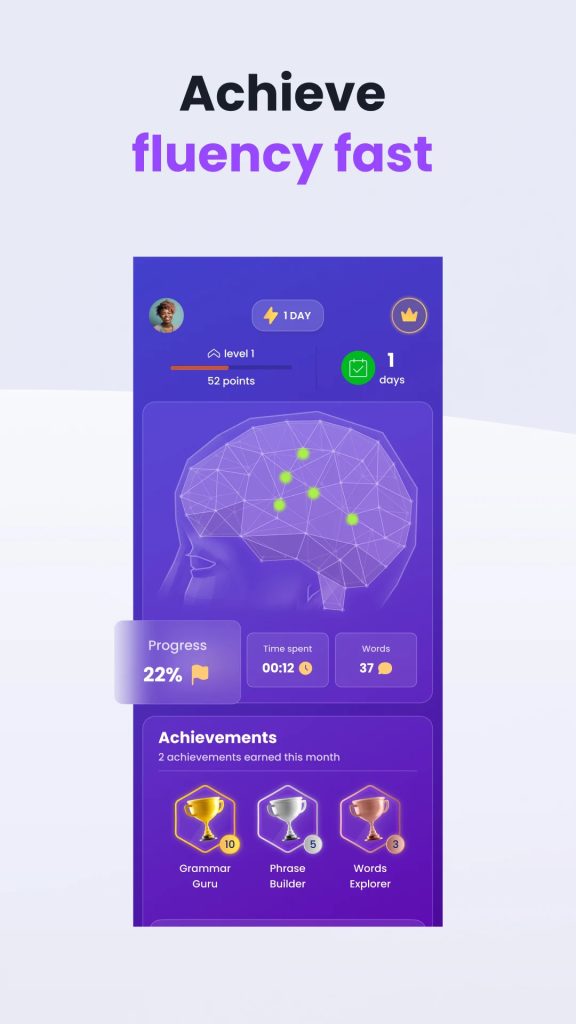
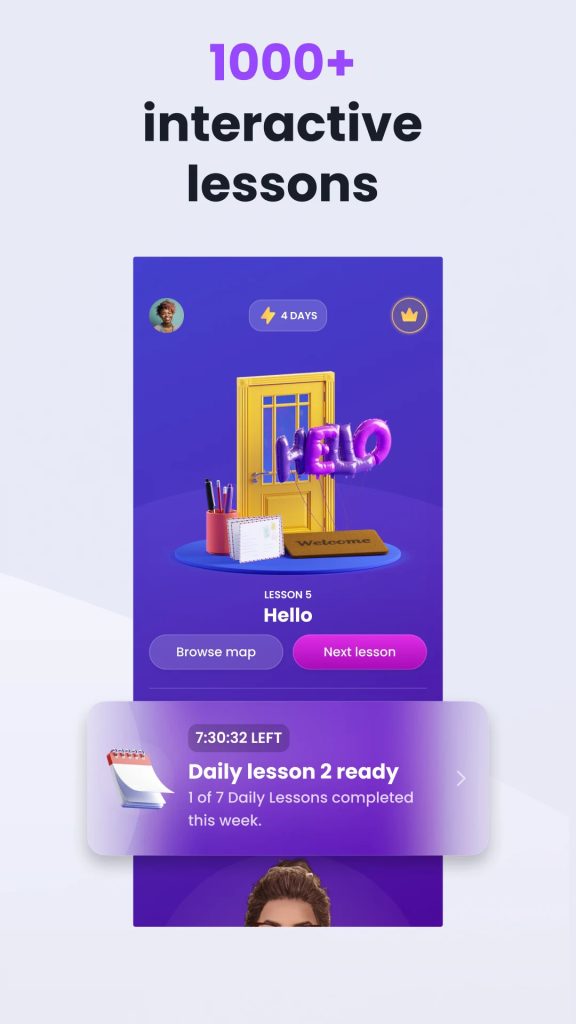
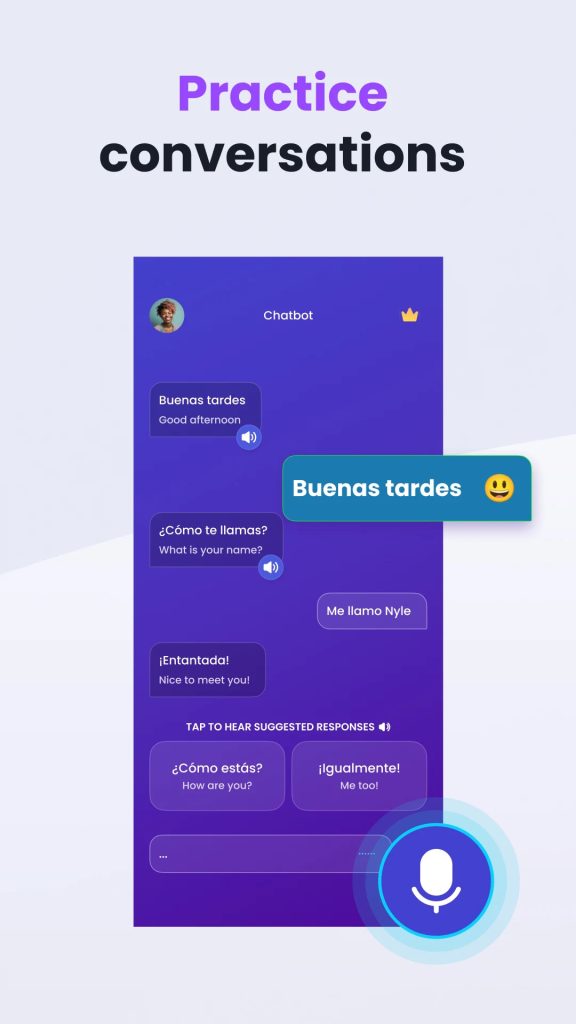
Fandom Is a Bridge, Language Is the Key
As explored in the psychology of fandom, our bond to stories deepens when we can experience them as they were created. Language isn’t just words—it’s pauses, tones, and cultural rhythms that translations can’t fully capture. Whether you’re rewatching Solo Leveling, chasing mysteries in Lord of Mysteries, or streaming a late-night Korean drama, knowing the language enriches how you connect.
[…] a peek at some of the episodes beforehand, fan subs are sporadically available. One of the perks to understanding another language if you are able to view the raw […]